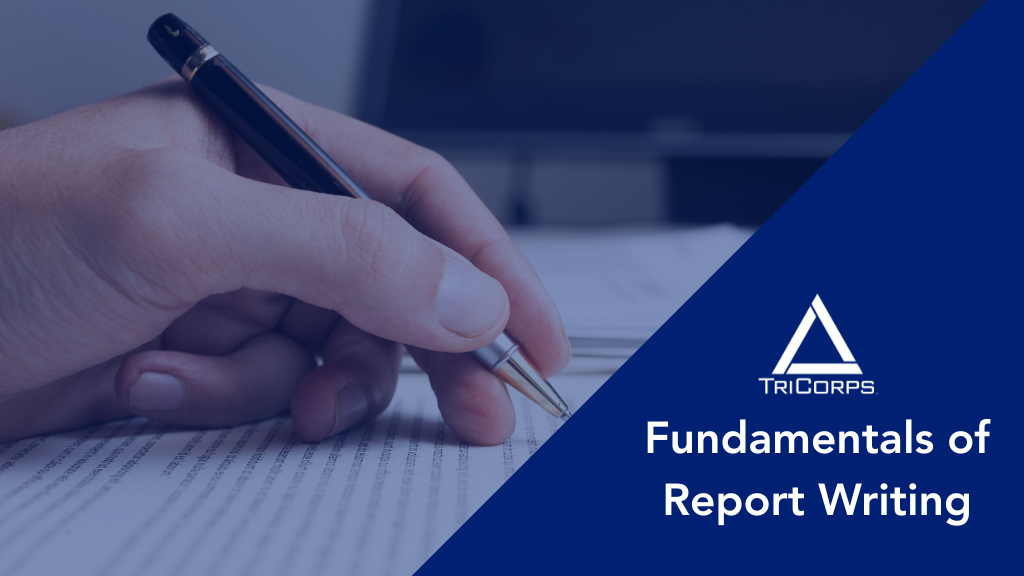Who, what, where, when, why, how. If you can memorize these six things, you are on the right track to make more professional and articulate reports. Security is a complex profession with its intricacies and obstacles. No single incident is the same, so naturally, no two reports are the same. There are several items to consider when drafting a report. First, who is your reader? Is it the client? A supervisor? A jury? These are all items to consider when setting the foundation of your report. Second, what type of report are you writing? An incident report? An operations summary? What you want to accomplish with your report will fundamentally change the approach to the narrative and how you lay the building blocks of the report. With most incident reports, you want to stick to the six foundational elements that will be present to some degree in any report you write (with a few exceptions).
Who, what, where, when, why, how. Think back to any papers you wrote in grade school or any of your favorite books. Most books are meant to be read in the order of their plot development, which is a series of events presented in sequential order. Have you ever seen a movie that constantly shifts between the past, present, and future? And you walk away from the theatre saying, “Gosh, that was hard to get into because I felt so confused the whole time!”
That is EXACTLY what you’re trying to avoid when writing an incident report. You want to have a beginning, middle, and end. Make sure to include details where they are needed only if they support the “meat and potatoes” of your incident. For example, “On 6/23/2025 at 0830 hours, I was on post at the north gate. The rain was falling hard, and the grass was very green.” While the rain may have been pouring hard and the grass was very green is accurate and true….. these details are not relevant in any way to the suspect that broke into the employee’s car and stole her purse and credit cards! One of the things my primary training officer told me when I joined the police department as a young recruit was the acronym KISS.
Keep it simple, stupid. The story should be read in sequential order, with supporting details provided where needed. Your report should be simple enough that anyone sitting in a jury could easily comprehend what took place. What we also want to avoid are spelling, grammar, and punctuation errors. The client may only know your name by associating it with a report he or she read. Remember this: we are only as professional as our reports. A typed report is always the preferred method of report writing because it is much easier to read, and you’re not relying on your penmanship to give a professional-looking appearance.
Additionally, computer software such as Microsoft Word features a spelling and grammar check that can be completed in seconds to catch any errors you may have missed. This brings me to a very good practice. Always re-read your report twice, or have someone you trust read and critique it before submitting it. Often, our coworkers or supervisors will catch mistakes we missed, even after re-reading them multiple times. If we can simply remember the six foundational elements of a report, you are on track to writing more detailed, yet concise (straight and to the point) reports. Who, what, where, when, why, how. Take pride in your report, as it may be the only thing someone has to judge the kind of security officer you are. Make that impression the one you want to leave. Represent yourselves and TriCorps with pride.

